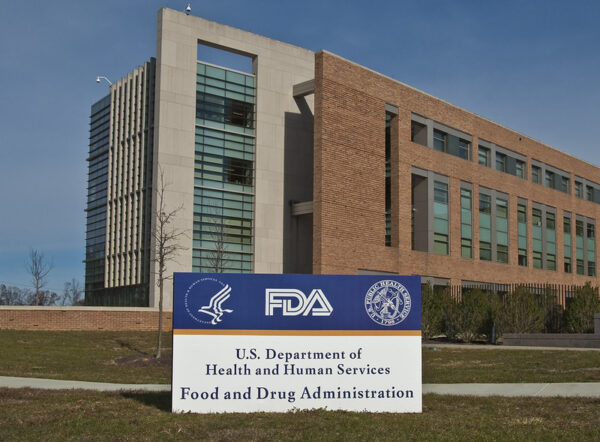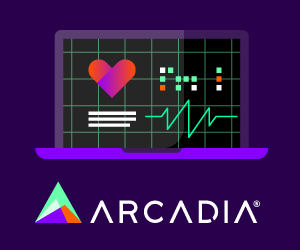

From time to time, the FDA convenes an outside group of experts to weigh in on an experimental drug or medical device, or to offer insight on a scientific matter that raises questions. The FDA has 49 committees and panels oriented around various therapeutic areas and modalities. As regulatory submissions increasingly include digital components, the agency wants to ensure it is adequately informed about these technologies. It’s adding a digital health advisory committee charged with providing that perspective.
The FDA expects the new advisory committee will become fully operational in 2024. It will discuss technologies such as artificial intelligence and machine learning, augmented reality, virtual reality, digital therapeutics, wearables, remote patient monitoring, and software. In addition, topics covered by this new committee could include decentralized clinical trials, patient-generated health data, and cybersecurity.
The committee will consist of nine core voting members, including the chair. Members serve terms of up to four years. The committee will also have temporary members selected for meetings depending on the meeting topic. The FDA said it is looking for members who bring technical and scientific expertise from various disciplines and backgrounds, which will help ensure digital health medical devices are designed and targeted to meet the needs of diverse populations.
In the announcement of the new advisory committee, Jeff Shuren, director of the FDA’s Center for Devices and Radiological Health, said the FDA aims to improve health equity in a wide range of locations—the home, work, urban environments and rural communities. The agency sees digital health technologies as critical for achieving this transformation in care delivery.
“As digital health technologies advance, the FDA must capitalize on knowledge from inside and outside of the agency to help ensure we appropriately apply our regulatory authority in a way that protects patient health while continuing to support innovation,” Shuren said.
For all of its committees, the FDA states that scientific members must be qualified experts in their fields with the ability to analyze detailed scientific data and understand its public health significance. Qualifications of the consumer representative position include the ability to analyze scientific data and analyzing the safety and efficacy of products under review, but from a consumer perspective.
Most committee members serve as “special government employees” and are paid a salary for each meeting day as well as per diem for travel. But the travel payments may no longer be necessary. Advisory committee meetings were entirely virtual during the pandemic, and the FDA seems to be continuing that practice. Committee members can expect up to four meetings per year.
Anyone interested in either serving on the new digital health advisory committee or nominating a voting or non-voting member to the body may submit nominations electronically or by mail. The FDA has set a Dec. 11 deadline for nominations.
Photo by FDA



















